Having older brothers increases chance of being gay, study finds
A new study finds "clear evidence" of a biological basis for being gay

The more older brothers a person has, the greater the likelihood of them being gay, scientists have confirmed.
Research published in the Journal of Sex Research last week affirmed the longstanding theories of a “fraternal birth order effect,” in which “men’s propensity for homosexuality increases with the number of older biological brothers they have,” the researchers noted in an article for The Conversation.
The researchers — Christine Ablaza, Francisco Perales, and Jan Kabatek, all from Australia — noted that past studies into fraternal birth order effect had involved small samples. To counter this, the researchers used Dutch population registers and followed the lives of nine million people born between 1940 and 1990.
While the registers don’t explicitly state sexual orientation, researchers used same-sex partnerships and same-sex marriages to determine an individual’s sexuality.
They argue that, despite excluding all gay people who haven’t registered an official partnership or marriage, their findings demonstrate “clear evidence” of fraternal birth order effect on homosexuality.
Dutch men with three older brothers are 41% more likely to be in a same-sex relationship than men with three older sisters.
They are also 80% more likely to be in a same-sex relationship than men with three younger brothers, which researchers say show that being the youngest sibling increases the likelihood of homosexuality — and that the differences increase with the number of older male siblings.
However, even one older brother can make a difference. Dutch men with one older brother are 12% more likely to enter a same-sex union than men with one older sister, and 21% more likely than men with one younger brother or sister.
“The sex of older siblings wields a considerable influence over same-sex union formation,” researchers noted. “On the other hand, the sex of younger siblings plays little to no role.”
Interestingly, researchers confirmed that these findings were also true for Dutch women — something previous studies had mostly failed to investigate. They found that the more older brothers Dutch women had, the more likely they were to enter a same-sex union.
While attempts to determine what leads to people being gay — such as finding the “gay gene” — have drawn concern from some in the LGBTQ community, the researchers argued that confirming homosexuality was biological could help advance LGBTQ equality.
“A growing body of research is attempting to shed light on why some people experience same-sex sexual attraction and others don’t,” they wrote in The Conversation. “These studies have substantial implications for public opinion and debate, and subsequently the treatment of LGBTIQ+ people.
“For example, we know people who view sexual orientation as a product of biological factors (such as hormones or genetics) are more likely to support sexual minorities and their civil rights, compared to those who view it as a product of social factors or individual choice.”
Researchers said that their findings align with the argument that a mother’s immune system reacts to the number of males she has conceived, as proteins enter the mother’s bloodstream and trigger antibodies that influence the sexual development of subsequent children.
They argued that their findings confirm that sexual orientation is “an innate trait and a reflection of a person’s true self, rather than a product of ‘lifestyle choices’ or a ‘fashion trend’ as some suggest.”
“Of course, in an ideal society, the rights and respect people are afforded should not depend on whether their sexual identity is ‘innate’ or ‘a choice,'” they continued. “But unfortunately, these issues still loom large in contemporary debate, further highlighting the importance of our findings.
“A biological basis for human sexuality suggests harmful practices like conversion therapy can’t alter someone’s sexual orientation. It also discredits claims homosexuality can be ‘taught’ (such as through sexual diversity education at schools) or ‘passed on’ (such as through same-sex couples adopting children).”
They ultimately conclude: “Like others before us, we consider this research essential. Understanding the mechanisms behind sexual orientation can offer insights into what makes people who they are, and helps normalize the full spectrum of human sexual diversity.”
Support Metro Weekly’s Journalism
These are challenging times for news organizations. And yet it’s crucial we stay active and provide vital resources and information to both our local readers and the world. So won’t you please take a moment and consider supporting Metro Weekly with a membership? For as little as $5 a month, you can help ensure Metro Weekly magazine and MetroWeekly.com remain free, viable resources as we provide the best, most diverse, culturally-resonant LGBTQ coverage in both the D.C. region and around the world. Memberships come with exclusive perks and discounts, your own personal digital delivery of each week’s magazine (and an archive), access to our Member's Lounge when it launches this fall, and exclusive members-only items like Metro Weekly Membership Mugs and Tote Bags! Check out all our membership levels here and please join us today!









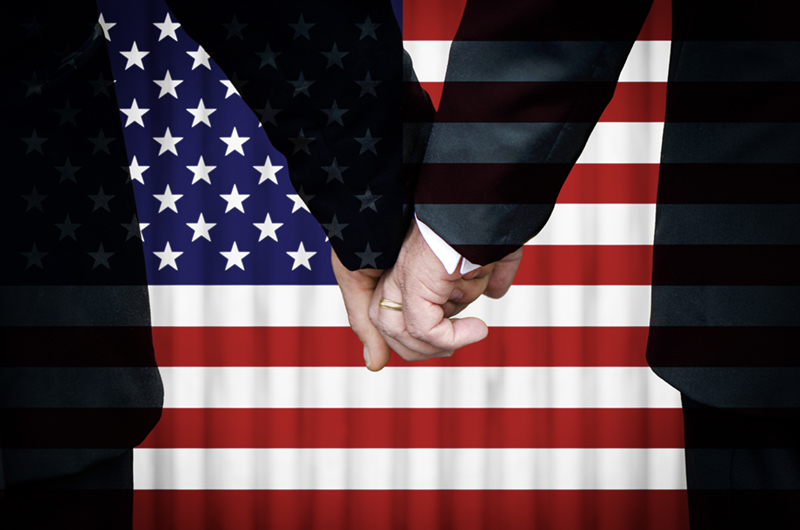
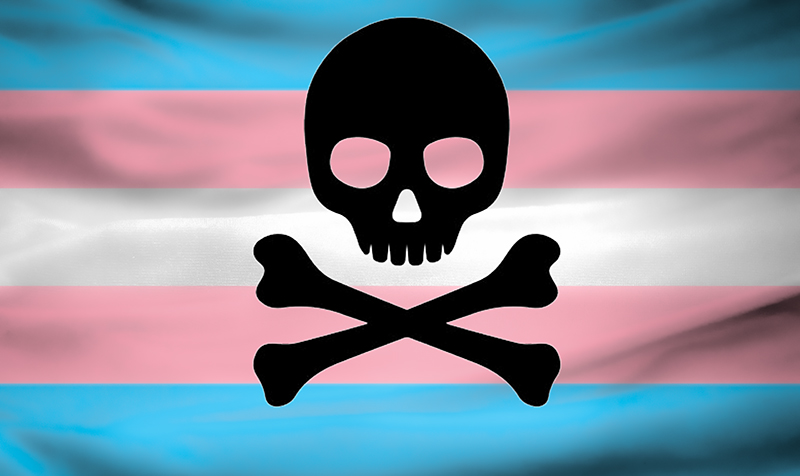
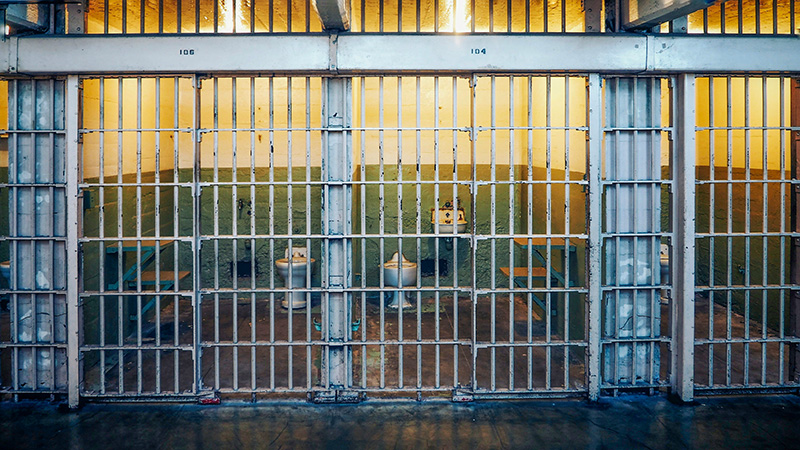














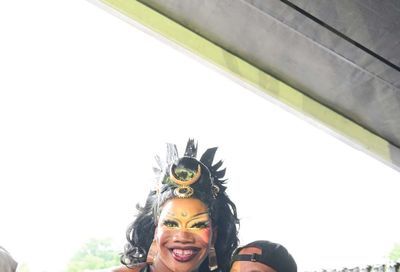
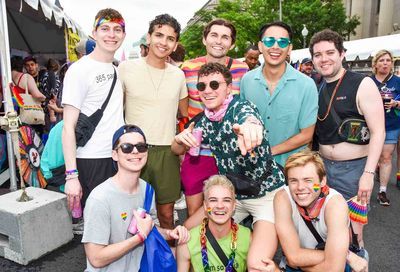
You must be logged in to post a comment.